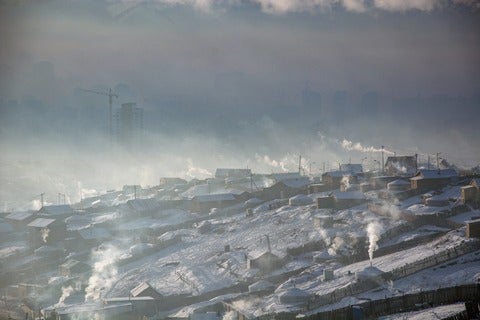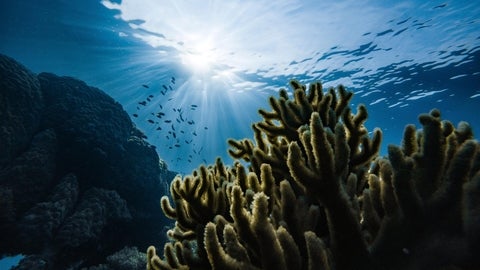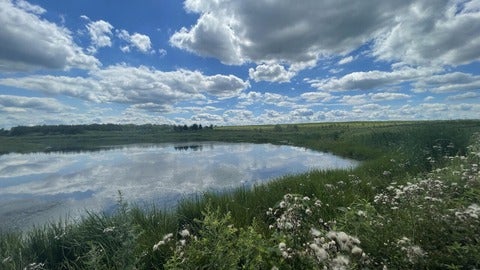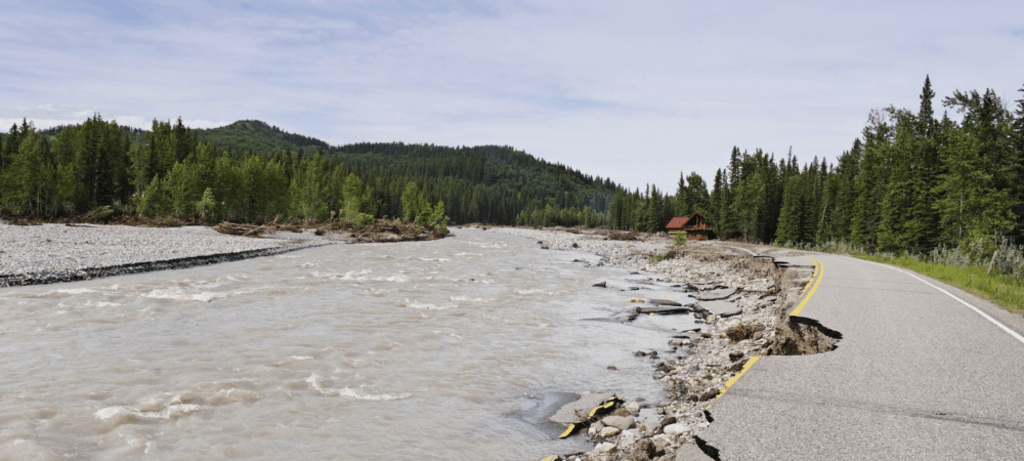Waterloo Climate Institute members featured in Global Futures: Innovation Update
The University of Waterloo released the "Global Futures: Innovation Update", featuring Waterloo Climate Institute members, Amelia Clarke and Christopher G. Fletcher from the Faculty of Environment, and Dillon Browne from the Faculty of Arts. The publication entitled "The futures we imagine for humanity and our planet" shares insights into new and innovative research across disciplines.









